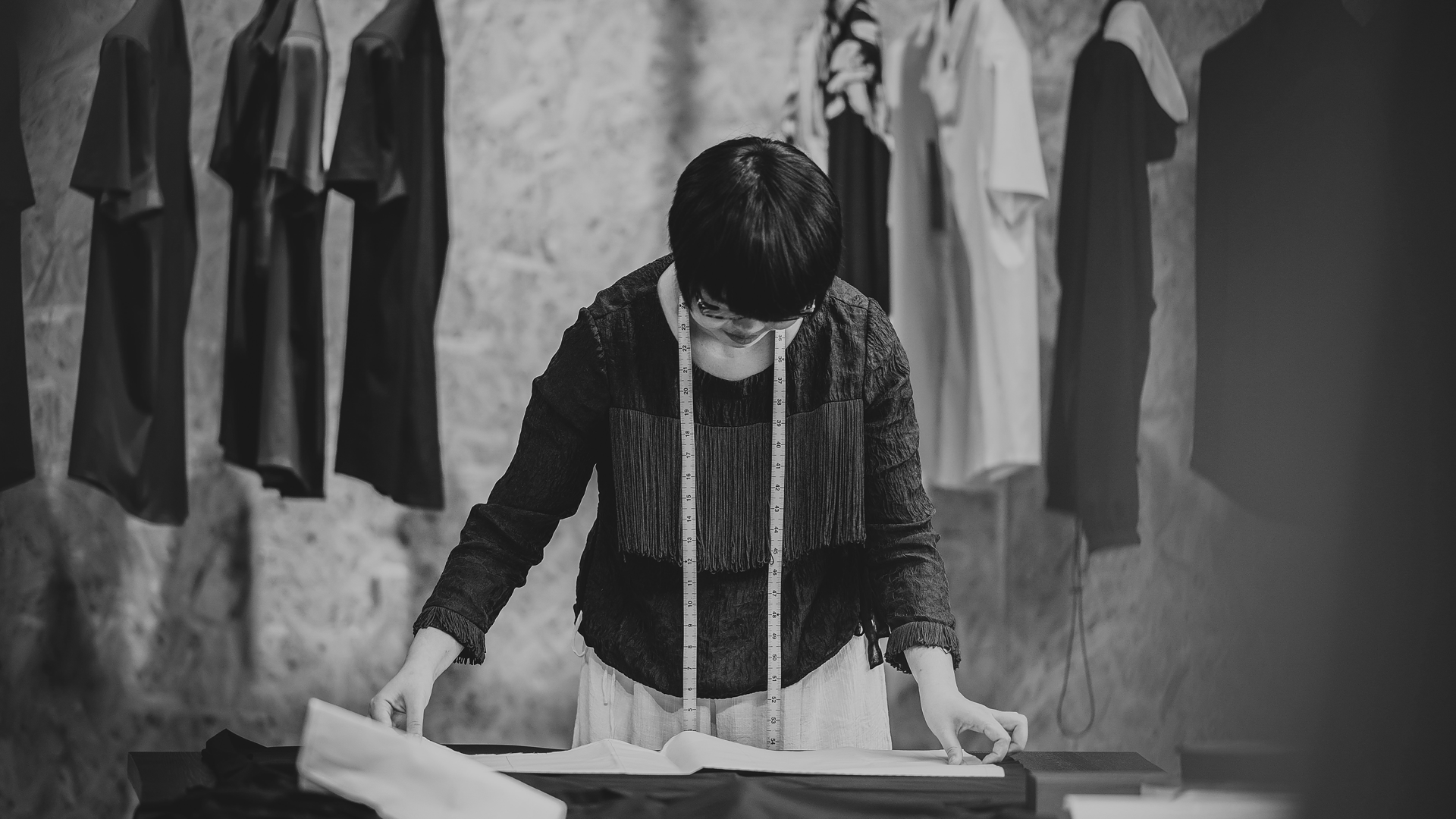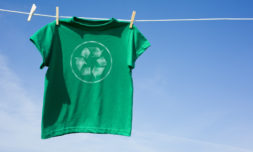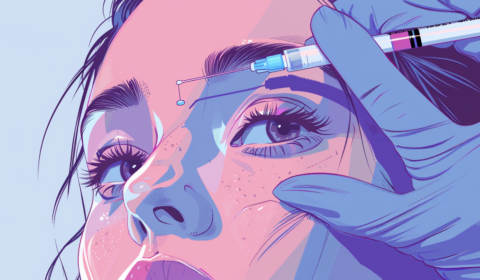The ReBurberry Fabric initiative will add to the luxury label’s ongoing sustainability efforts and help young, underrepresented fashion designers across the country.
In partnership with the British Fashion Council (BFC), Burberry has expanded its scholarship programme and announced a new sustainability project with both planet and people in mind.
With plans to donate all leftover materials to fashion students in need, the ReBurberry Fabric initiative is a significant continuation of the luxury label’s commitment to eco-conscious practices and an innovative means of addressing the industry’s deadstock crisis.
As reducing quantities of excess fabric, waste, and overproduction levels remains a top priority for many brands, Burberry is taking things a step further, using the scheme to additionally support the next generation of creative leaders from underrepresented communities.
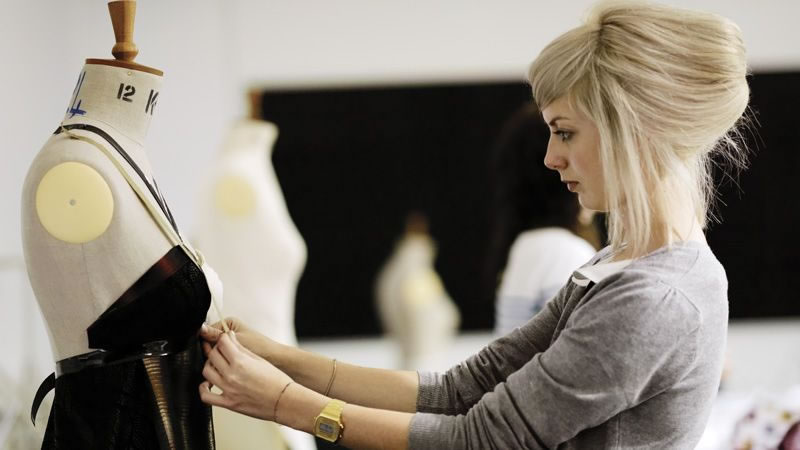

Following a year of economic hardships brought about by a pandemic that’s particularly affected those of less privilege and little-to-no wealth, aspiring designers are not only facing staggering education debts, but are expected to pay for their own materials.
A challenge for those without financially secure backgrounds even prior to the outbreak, the current situation has left many feeling helpless, especially within an industry that still exudes opulence.
Killing two birds with one stone by encouraging burgeoning talent to find more sustainable ways of being while promoting new ways of thinking that don’t simply cater to the privileged, the label is setting a prime example of how fashion should aspire to be post-pandemic.
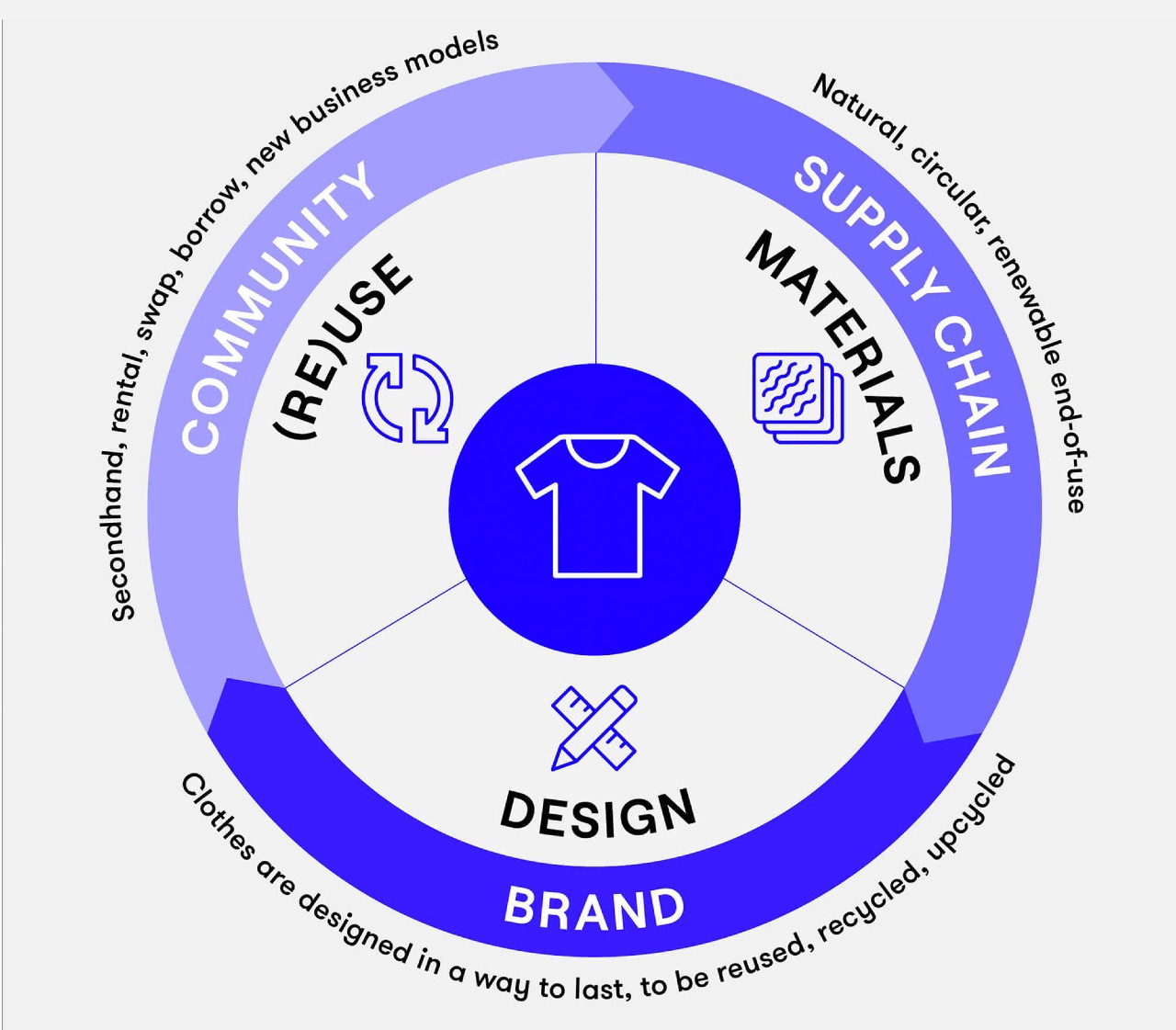

The beginnings of what could be a hugely successful circular system, it’s an exciting advancement towards inspiring much-needed change, the mark of an attempt to find an entirely new model, one that places donation of leftover fabric at the core of a brand’s practice.
‘One of the BFC’s priorities is to encourage the industry to move towards a circular fashion economy while supporting excellence in fashion design,’ said BFC CEO Caroline Rush. ‘We are delighted to work with Burberry, helping ensure students across the country have access to the best quality fabrics. Creative talent is at the heart of the industry and we are proud of our world leading colleges — being able to provide these students with such opportunities is a privilege.’









